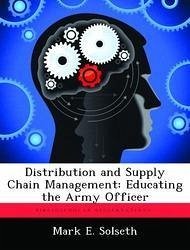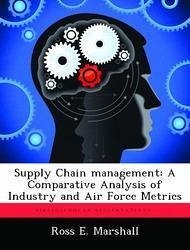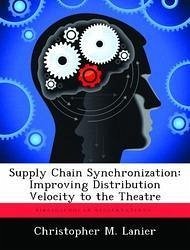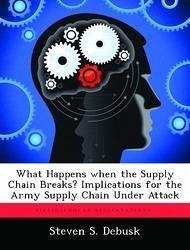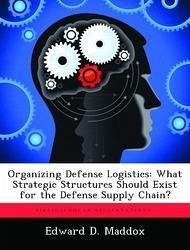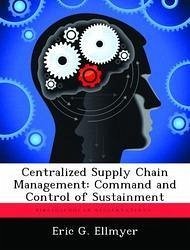
Centralized Supply Chain Management: Command and Control of Sustainment
Versandkostenfrei!
Versandfertig in über 4 Wochen
54,99 €
inkl. MwSt.

PAYBACK Punkte
27 °P sammeln!
This paper explores why the AF should consolidate the operational function of supply support, why it is needed, and what to do about it. Consolidation will provide a stable infrastructure when conflicts go from peace time to war time operations. The AF must create a supply chain management enterprise that makes operations more efficient, more effective, and reduce costs while providing sustained levels of weapon system availability. The USAF doctrine of decentralized execution is applied to the business side of the USAF, supply support, with little application of the concept of centralization....
This paper explores why the AF should consolidate the operational function of supply support, why it is needed, and what to do about it. Consolidation will provide a stable infrastructure when conflicts go from peace time to war time operations. The AF must create a supply chain management enterprise that makes operations more efficient, more effective, and reduce costs while providing sustained levels of weapon system availability. The USAF doctrine of decentralized execution is applied to the business side of the USAF, supply support, with little application of the concept of centralization. The only exception of the rule is when the Air Force employs the application of airpower, in other words, weapons system use. Transportation Command's use of airlift is a great example of the power centralization has to an organization. The same could be said about centralizing operational supply to improve weapons system availability. The goal of improving weapon system availability can be achieved by integrating materiel management functions withc c in a supply chain management enterprise.



